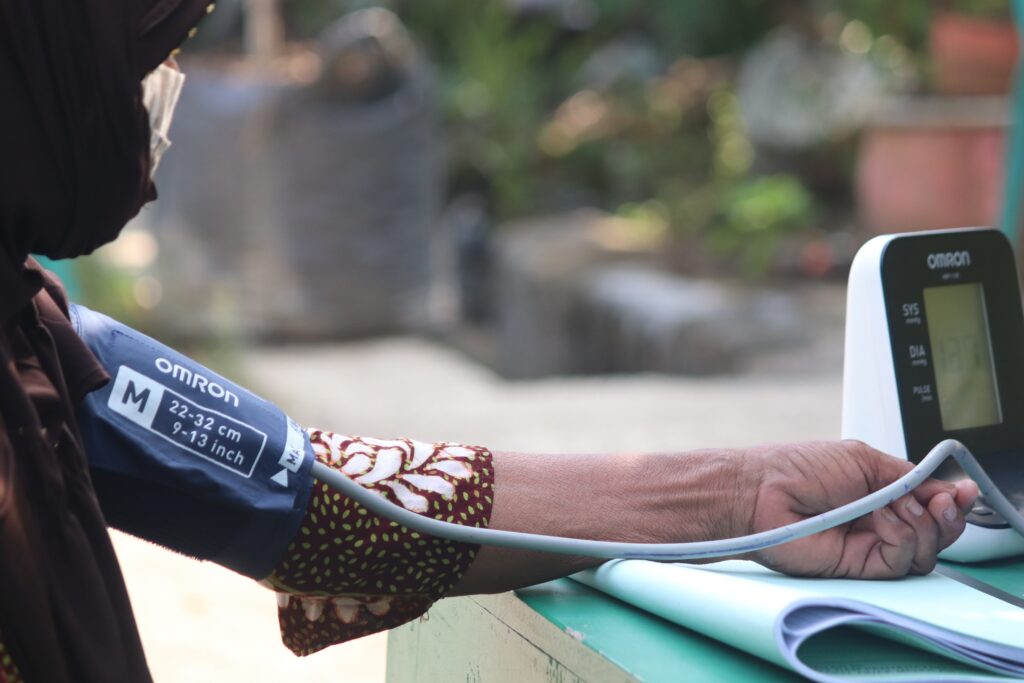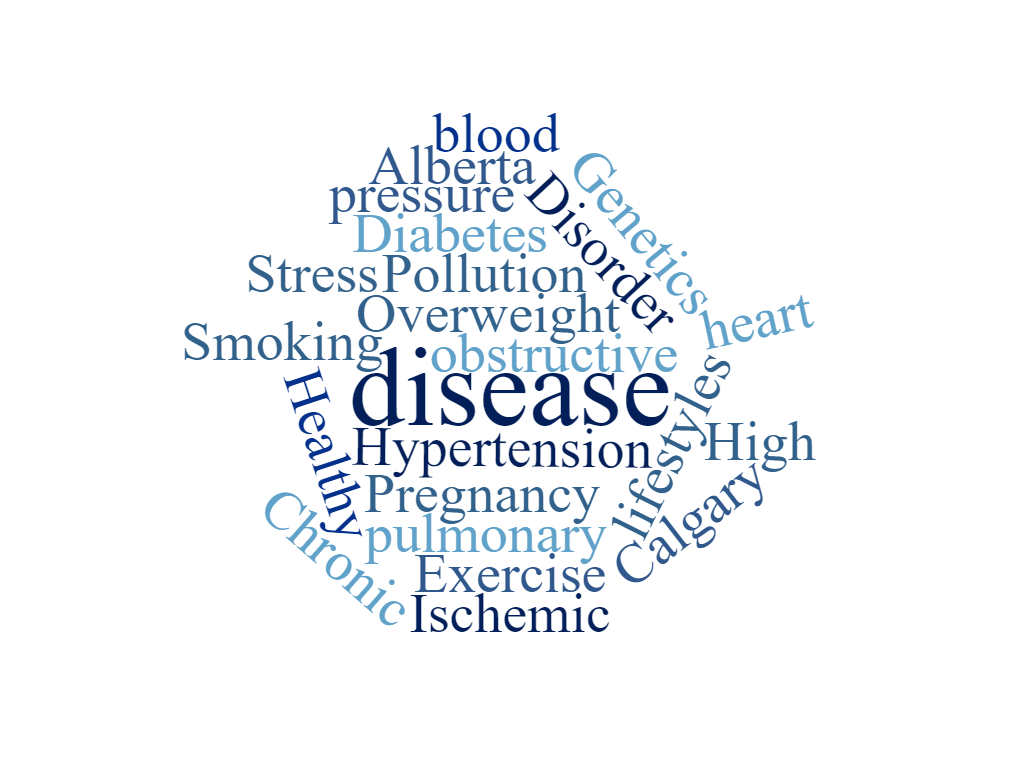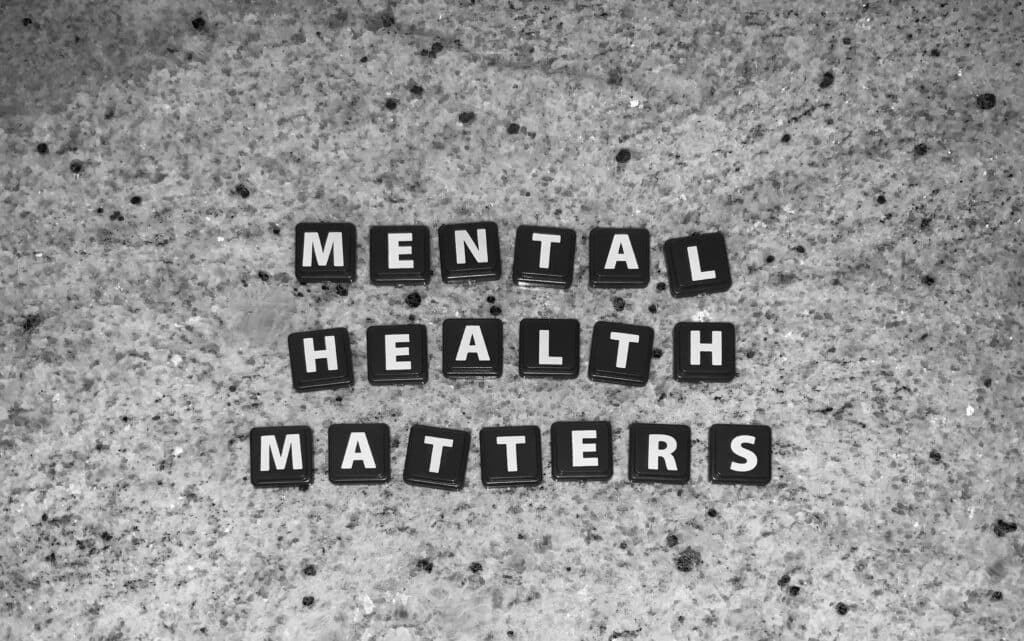Did you know that approximately one in four Canadian adults between the age of 20 to 79 has high blood pressure? And that’s just the adults!
High blood pressure is one of Canada’s most common health conditions, yet many people don’t know what it is or how to treat it. High blood pressure is often called the “silent killer” because it often has no symptoms. However, high blood pressure can lead to heart attack, stroke, and other health problems.
A few things can cause high blood pressure, including genetics, age, and lifestyle choices. But the good news is that high blood pressure can often be controlled with lifestyle changes, such as diet and exercise.
If you have high blood pressure, it’s important to monitor it regularly and talk to your doctor about how to lower it. Several medications and lifestyle changes can help lower your blood pressure.
In the following sections, we will answer and cover the different aspects of high blood pressure (hypertension), including treatment and prevention.
1. What is high blood pressure?
So, what is high blood pressure? Blood pressure is the amount of force that your blood exerts against the walls of your arteries as it circulates through your body. When blood pressure is high, it means that your heart has to work harder to pump blood through your arteries.
High blood pressure is a condition that develops when the pressure of the blood in your arteries is consistently high. It’s important to note that blood pressure can vary from day to day, depending on how active you are or what you’re eating. But if your blood pressure is consistently high, then you have high blood pressure.
High blood pressure is a serious condition that can lead to many health problems, including heart attack, stroke, and kidney failure. That’s why it’s important to get it under control if you have it.
2. What are the symptoms of high blood pressure?
As we previously mentioned, hypertension, or high blood pressure, is a condition in which the blood pressure in the arteries is chronically elevated. Blood pressure is the force of blood pushing against the walls of the arteries as it flows through them. The higher the pressure, the harder the heart has to work to pump blood through the body. Over time, high blood pressure can damage the heart, blood vessels, kidneys, and other organs.
The symptoms of high blood pressure can vary from person to person. They may include:
- Headache
- Dizziness
- Blurred vision
- Nosebleed
- Shortness of breath
- Chest pain
- Fatigue
- Irregular heartbeat
If you experience any of these symptoms, you must see a doctor and check your blood pressure. Left untreated, high blood pressure can lead to serious health problems.
3. What are the risks of high blood pressure?
Did you know that high blood pressure is one of Canada’s leading causes of death and disability? In fact, it’s estimated that high blood pressure contributes to more than 7,000 deaths each year in this country.
High blood pressure puts you at risk for heart attack, stroke and kidney failure. Actually, high blood pressure is a leading cause of heart attack and stroke.
The good news is that high blood pressure can be treated and controlled. Making simple lifestyle changes can lower your blood pressure and reduce your risk of serious health complications.
4. How can you prevent high blood pressure?
You can do many things to prevent high blood pressure, including making simple lifestyle changes. For example, eating a healthy diet, exercising regularly, and avoiding tobacco smoke are all important. If you have high blood pressure, it’s important to keep track of your blood pressure readings and take any necessary medications prescribed by your doctor.
5. How is high blood pressure treated?
There are many ways to treat high blood pressure, but the most common is with medications. Depending on the severity of your hypertension, your doctor may prescribe pills, a liquid suspension, or both.
If you’re taking pills, your doctor will likely start you on a low dose and increase it gradually until your blood pressure is controlled. There are many different types of hypertension medications, so it’s important to take the one that’s best for you. The most common type of medication is a diuretic, which helps the body eliminate excess fluid. Other medications include beta-blockers, ACE inhibitors, and angiotensin receptor blockers.
Sometimes, the doctor will put you on a combination of medications to treat high blood pressure. For example, the doctor may prescribe a diuretic or an ACE inhibitor, then a mix of diuretic and an ACE inhibitor. Then he will adjust the doses or remove the medication altogether accordingly.
Based on your case, your doctor may try a compounded medication if you have difficulty in swallowing pills or don’t prefer to take them. Compounded medications are specifically tailored to meet your individual needs and can be a great way to get the treatment you need. You can contact your compounding pharmacy and ask them if they can put your high blood pressure pills in a liquid suspension form.
6. What are the long-term effects of high blood pressure if not treated?
Well, if left untreated, uncontrolled high blood pressure can damage your heart, kidneys, and other organs. Over time, it can also lead to heart disease, stroke, and other serious health problems, including severe disability and death.
That’s why it’s important to control your blood pressure. If you have high blood pressure, make sure to follow your doctor’s instructions for treatment.
Proper treatment can help reduce your risk of long-term health problems. So, if you have high blood pressure, don’t hesitate to get it treated. It’s important to your health!
Thanks for reading this blog post. If you like it, please share it using the buttons below with your friends, family, and colleagues.




